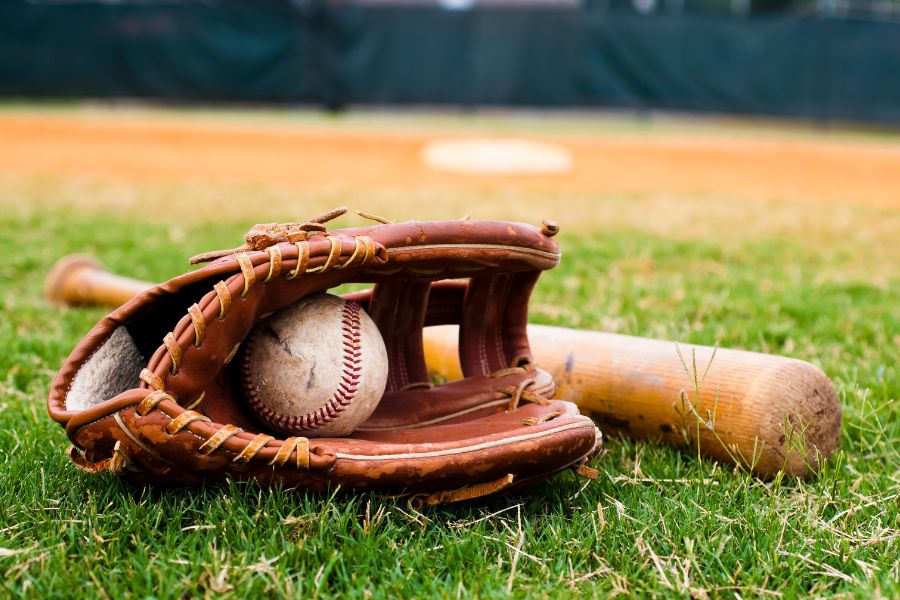All professional baseball players began their careers on a youth baseball diamond. If you want your child to be one of the .01 percent of players that make it to the show, then you should know what makes a good youth baseball player so that you can focus on these things from the start.

Making of a Good Hitter
The first thing youth instructors will notice about your child is how well they can hit the baseball. While hitting the ball is only one of the four tools an elite baseball player has, it’s the one that carries the most weight as they move their way through Little League and into high school.
There are two facets that coaches want to see a player have: hitting for contact and power. Coaches would love to see someone possess both skills, but one is more teachable than the other, especially at this level.
Making contact is an essential element since that’s the foundation of hitting. Putting in the time for training and visits to designated hitting facilities (you can read more about the benefits of regular visits to a hitting facility, and find the closest location to you, here) to ensure your child can make consistent contact with the baseball can make them the apple of a coach’s eye.
On the other hand, power is something that comes with growing up. Usually, power comes from their genetics; however, purchasing a prodigious baseball bat couldn’t hurt.
Pitching Prowess
A player’s golden ticket to get the most playing time is to have a golden arm on the mound. Becoming a dominant pitcher in youth baseball can separate you from the pack, and it’s the most significant advantage for teams. However, it’s integral that you don’t allow your little flamethrower to overwork their arm, or else there could be consequences.
Three elements make a pitcher great: mechanics, velocity, and control. Mechanics is the main source of a pitcher’s talent, and bad mechanics can lead to arm issues. Therefore, refining one’s pitching form makes achieving the other two components easier.
Velocity is the pitching version of hitting for power, considering this will develop as they age. You don’t want them to work on their velocity until their mechanics are sound, or they could throw out their arm.
Control at the youth levels is a valuable commodity because most of the players don’t have it. Throwing hard doesn’t do much good if they can’t throw strikes. Fortunately, this is a teachable skill, so there is hope even if they have trouble hitting the catcher’s mitt.
Becoming a Human Vacuum
If you’ve been a spectator at any youth baseball game, you’ll quickly realize that they aren’t as slick on the field as the professionals. Bad throws and booted balls are abundant, so turning your child into a defensive wiz is an excellent way to shine a light on them. Consistently practicing by hitting grounders and flyballs to them can develop that muscle memory that gives them a golden glove.
Giving Extra Effort
The last thing that can turn your child into an all-star is demonstrating grit and hustle. When they give 110 percent effort on every play, every coach will be chomping at the bit to get them on your team. Hustling doesn’t require skill, so there’s no reason not to give it their all.
Knowing what makes a good youth baseball player gives you a good idea of what coaches will look for at every game level. These skills can set them up to achieve great things, such as earning a college scholarship.
Related Posts:
- How To Help Your Kids With Sport Injuries: A Helpful Guide
- Best sports drinks ideas to go
- How Joining a Sports Team Can Benefit Your Child
- How New Vegan Sporting Goods Are Changing The Sports Industry (No More Leather)
- Types of Sports Equipment You Can Find at Online Auctions
- Team sports that make exercise fun
- How Kids Playing Sports Affects Overall Development